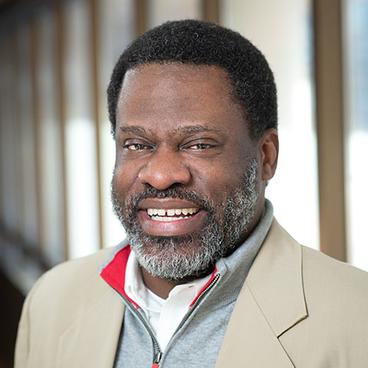Seeking ways to get involved with the community, Bryan Bradford, the Humphrey School’s assistant director of alumni relations, looked to where policy change could happen. One way that Bradford says he felt he could bring about change was by serving on the Minneapolis Commission on Civil Rights (MCCR).
Commissioners advise city leaders and engage the public on civil rights issues, policy, meetings, and events. He was sworn in as a member of the commission this summer.
“My desire to get involved was in response to what I witnessed and experienced in the summer of 2020, after the murder of George Floyd,” Bradford says. “After spending those first two weeks conflicted, frustrated, and debating my own identity—as well as my own privilege in the world—it eventually became clear to me. I had a duty to involve myself in the formal structures of government, where service affects policy and can change the current culture we’re facing.”
Related to his work at the Humphrey School, where participating in public service and educating the next generation of public leaders is core to the mission, Bradford says joining MCCR as a volunteer was one way he could affect future outcomes for the city and its residents, particularly those most marginalized.
Bradford says he's most interested in addressing policies and issues around housing.
“Research has shown that Minneapolis has a history of real estate redlining and housing policies meant to segregate which houses were available and who could purchase them,” he says. “Housing is a layered issue that’s much more than choosing the neighborhood where you’d like to live.”
Additionally, Bradford cites the disproportionate number of those who are unhoused who experience a lifetime of systemic discrimination that prevents them from owning a home.
“My hope is that we, as a commission and engaged citizens can listen, understand the challenges, and create solutions that will have real and sustained impact, to address some of the problems we believe are too complicated to solve,” Bradford says.


